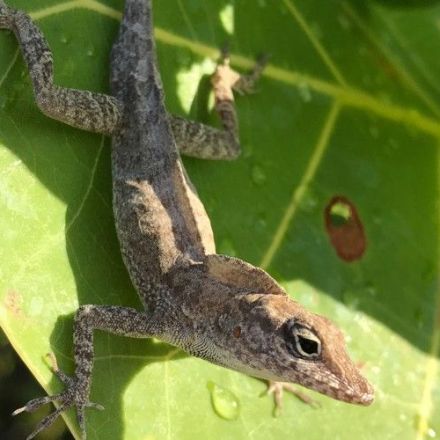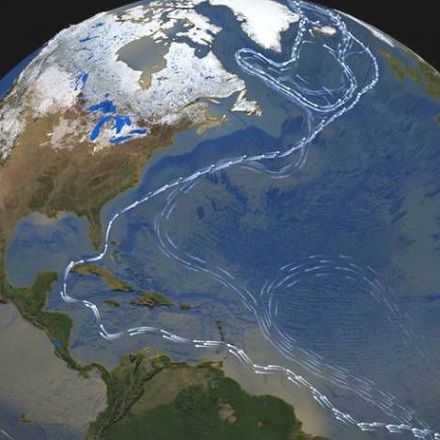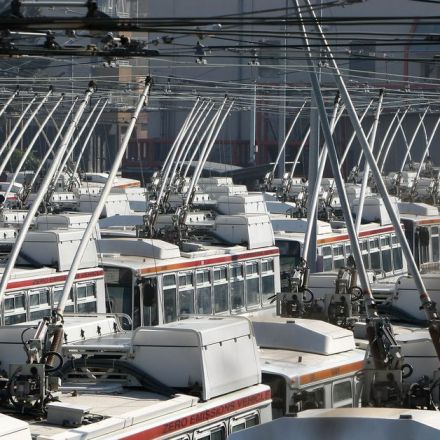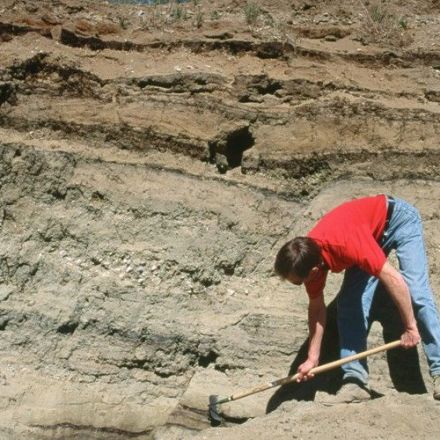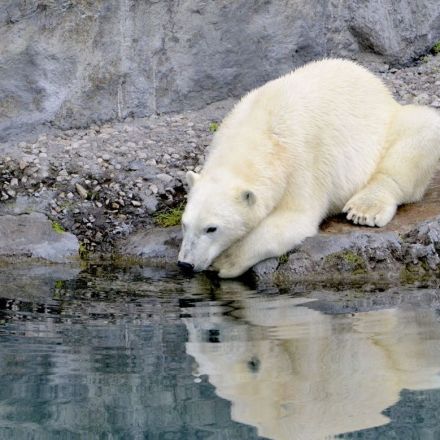
Tuesday, 31 July 2018
To Be, Or Not to Be: On Whether Animals Can Commit Suicide
As California burns, many fear the future of extreme fire has arrived
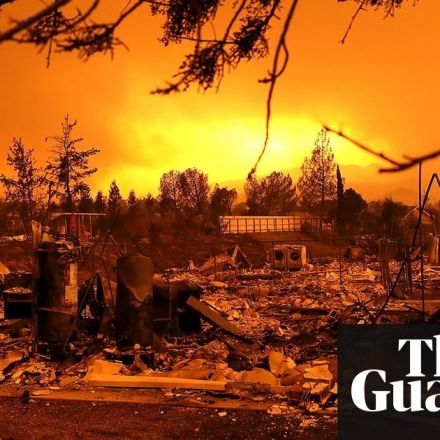
'Spectacular' ancient public library discovered in Germany

Meeting a “wonder pig” made me reconsider eating meat
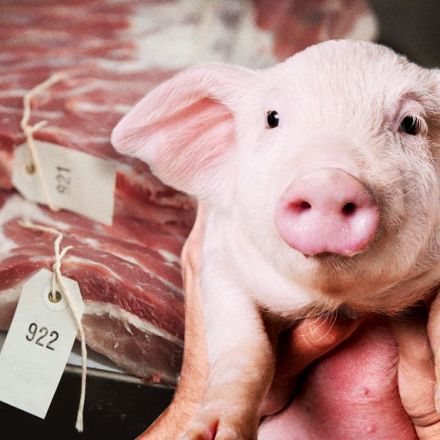
Humanity Has Killed 83% of All Wild Mammals and Half of All Plants: Study
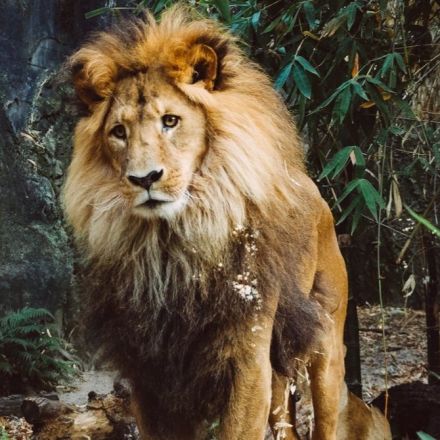
A Toxic Tide Is Killing Florida Wildlife
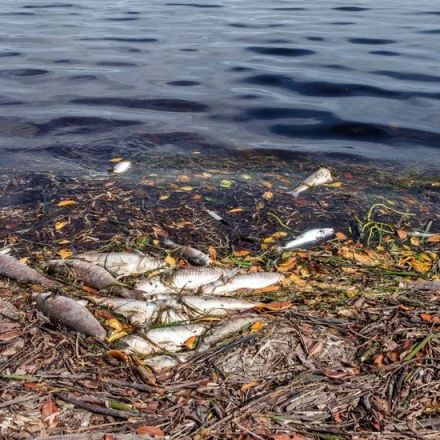
Monday, 30 July 2018
Enormous penguin population crashes by almost 90%
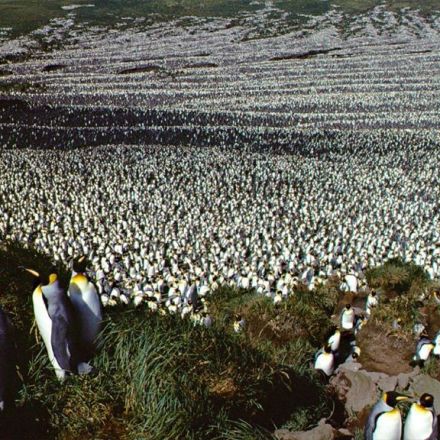
Cruise line faces backlash over shooting of polar bear
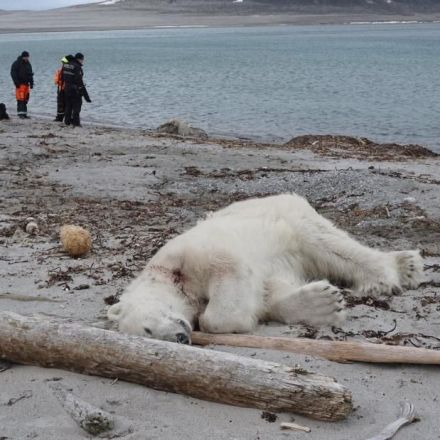
Extreme global weather is 'the face of climate change' says leading scientist
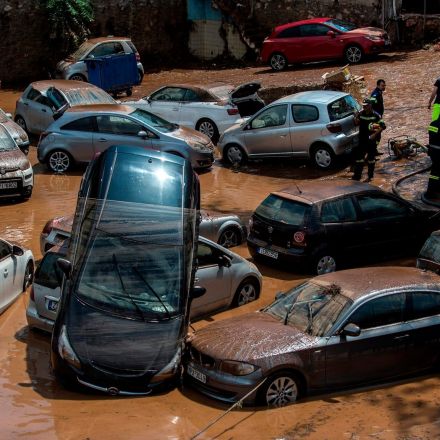
The $3 billion plan to turn Hoover Dam into a giant battery
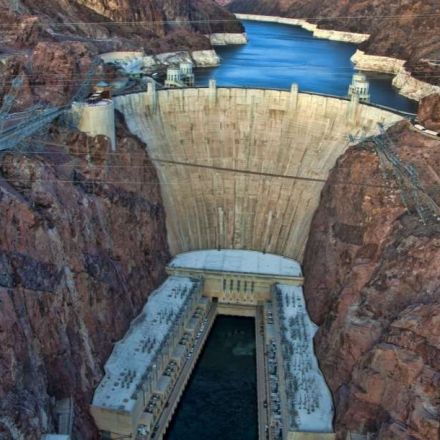
Sunday, 29 July 2018
How Mars’s Close Encounters Helped Us Map the Red Planet
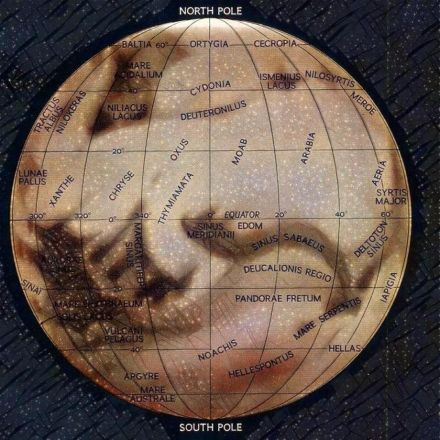
The Mysterious Return of Ozone-Depleting CFCs
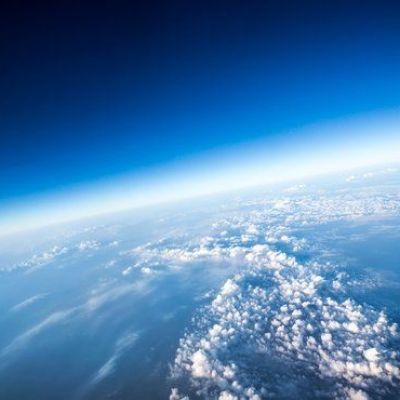
First fossilized snake embryo ever discovered rewrites history of ancient snakes
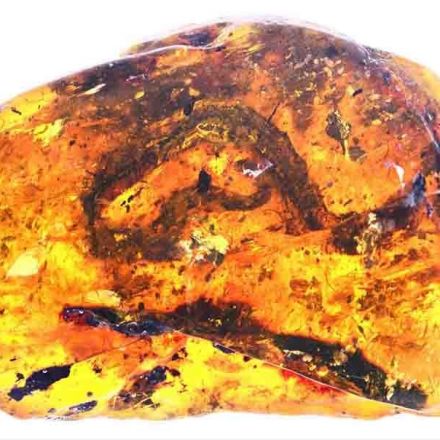
Squares and circles are so basic. Get down with this new shape, the scutoid

Time is running out in the tropics - researchers warn of global biodiversity collapse
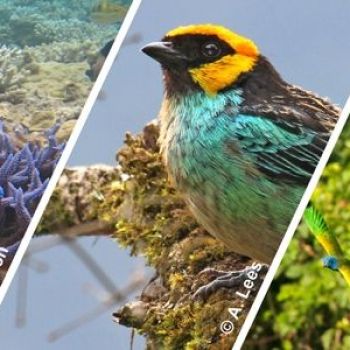
Grieving orca mother carries dead calf for days as whales fight for survival
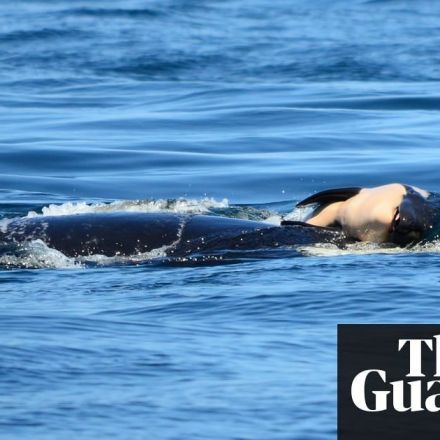
Saturday, 28 July 2018
Indian warrior king's rocket cache found in abandoned well
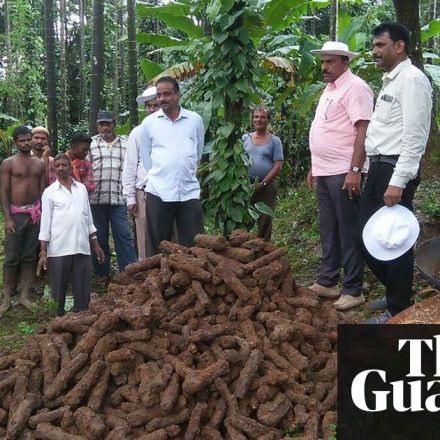
Human actions boosted heatwave odds
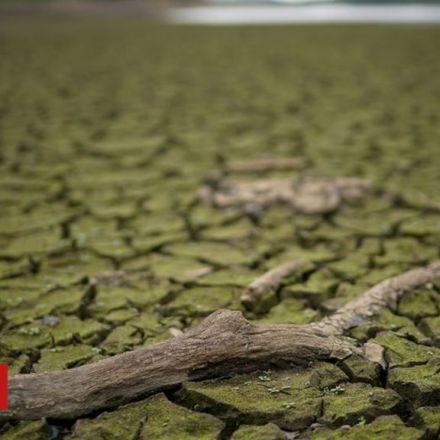
These Indian fishermen take plastic out of the sea and use it to build roads
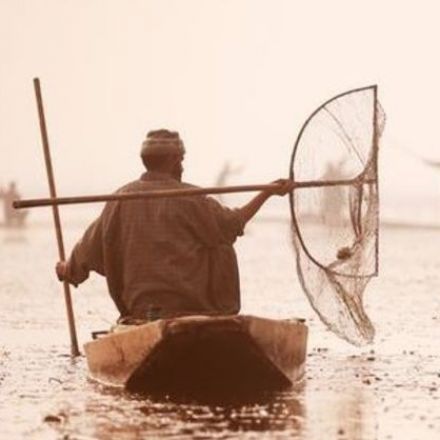
Friday, 27 July 2018
‘Amazing Dragon’ Discovery in China Reshapes History of Dinosaurs’ Evolution
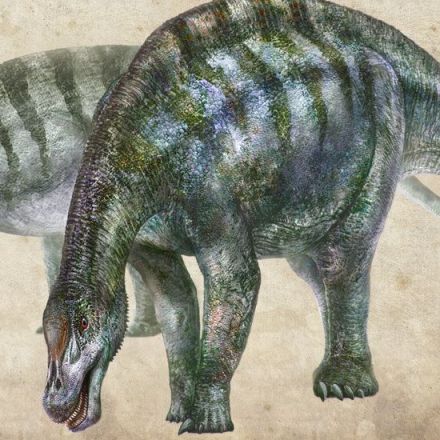
A century-old model for life's origin gets significant substantiation

Worms frozen in permafrost for up to 42,000 years come back to life
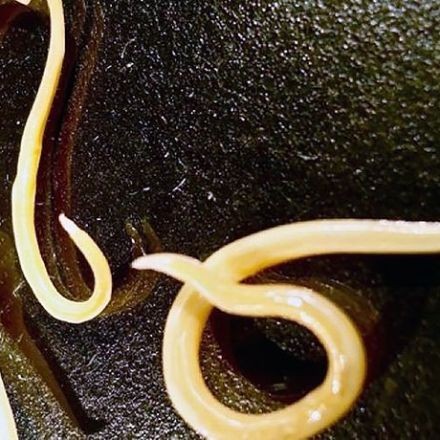
Thursday, 26 July 2018
Tesla Powerpacks aid Samoa's transition to 100% renewable energy

2,700 Scientists Warn US-Mexico Wall Endangers Wildlife

Wednesday, 25 July 2018
Climate Change Makes Spiders Bigger—And That’s a Good Thing
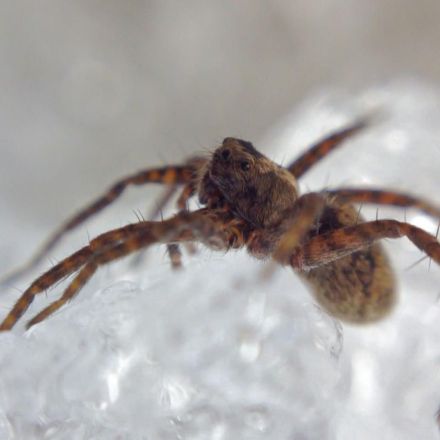
Uncanny Portraits of Cats Crafted with Realistic Glass Eyes and Felted Wool

Earth's resources consumed in ever greater destructive volumes
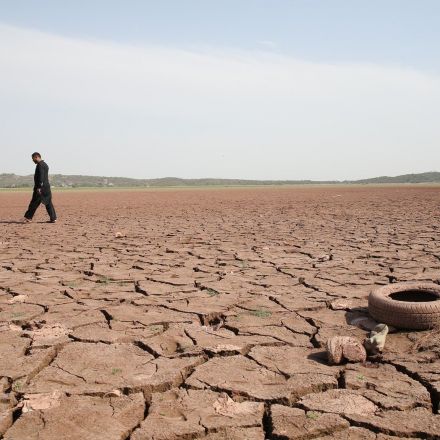
Oregon woman finds cougar in living room, says telepathy helped her get it out
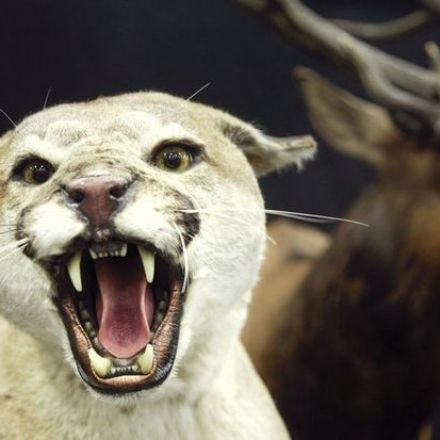
Weird new fruits could hit aisles soon thanks to gene-editing
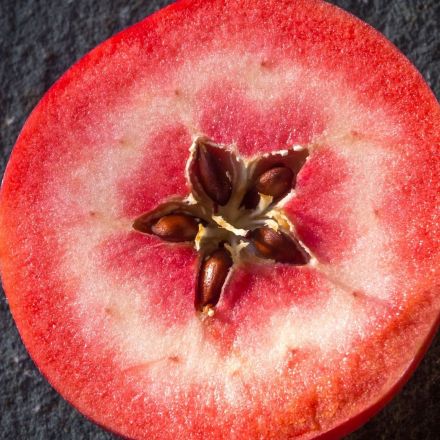
Tuesday, 24 July 2018
Global Warming Will Cause More People To Die By Suicide, Study Finds
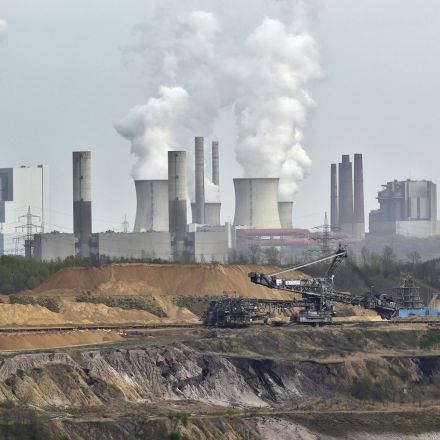
Ocean acidification to hit levels not seen in 14 million years
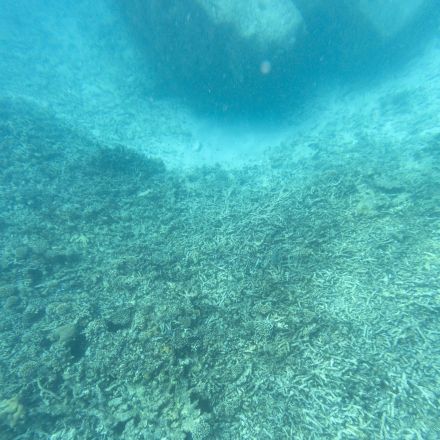
Japan declares heatwave a natural disaster
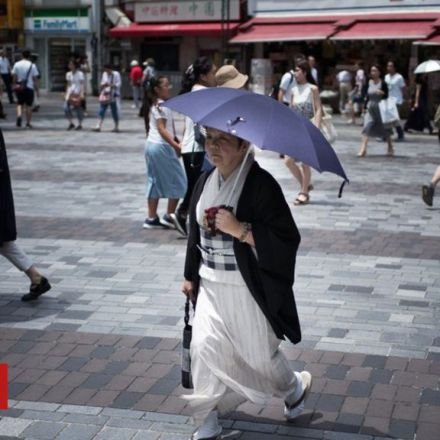
What Happens to the Plastic We Throw Out
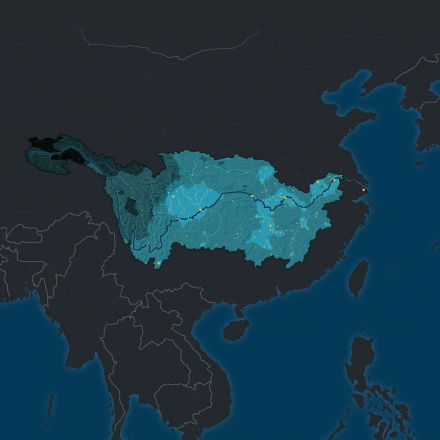
Largest dinosaur foot to date discovered in Wyoming, say paleontologists
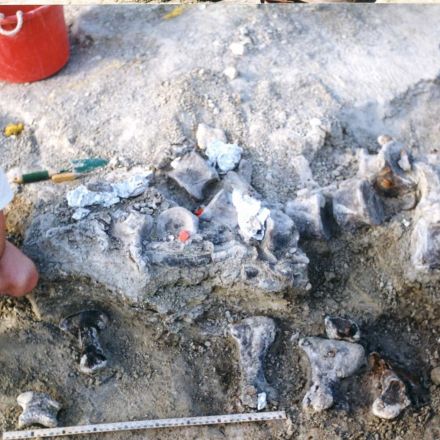
Trump is going after California’s clean car mandate
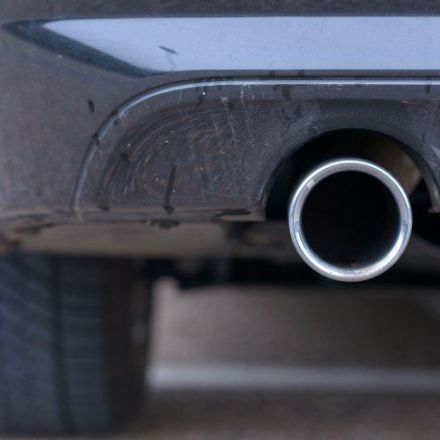
Acidic oceans cause fish to lose their sense of smell
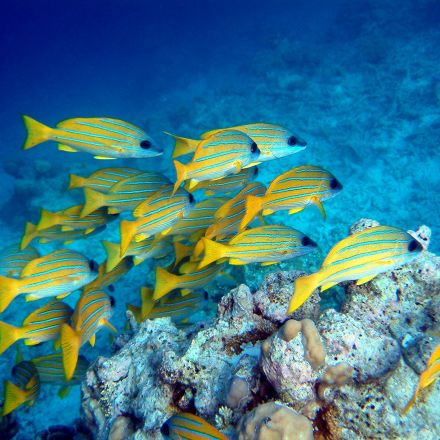
Greece has declared a state of emergency over deadly forest fires

The country that brought a sea back to life
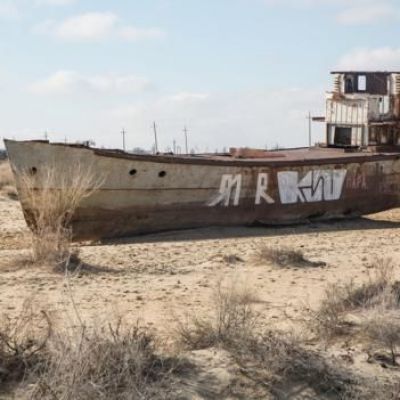
Monday, 23 July 2018
Take if from the military: Climate security is national security

Is Mars Not So Earthlike After All?
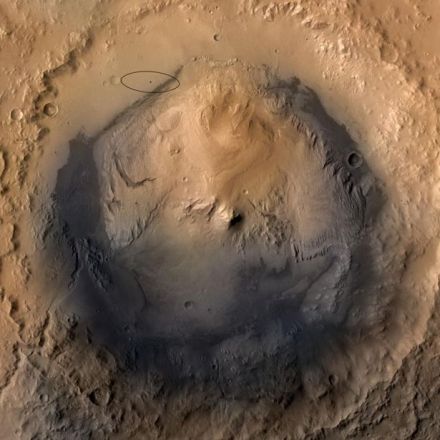
Meet the tick that’s forcing Americans to give up their meat
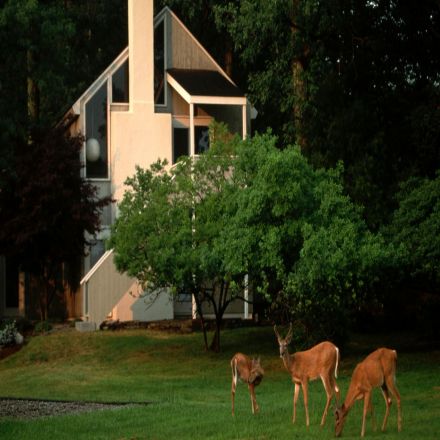
Back from extinction: The Mallee emu wren makes a comeback in South Australia - ABC News (Australian Broadcasting Corporation)
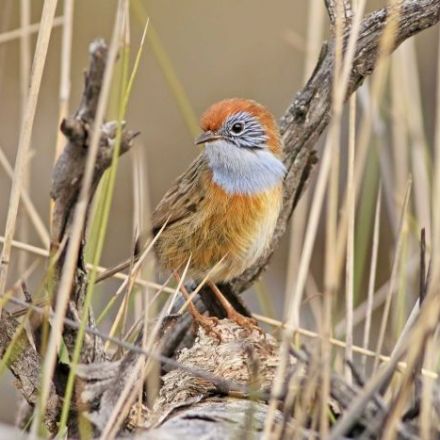
Wave After Wave of Garbage Hits the Dominican Republic
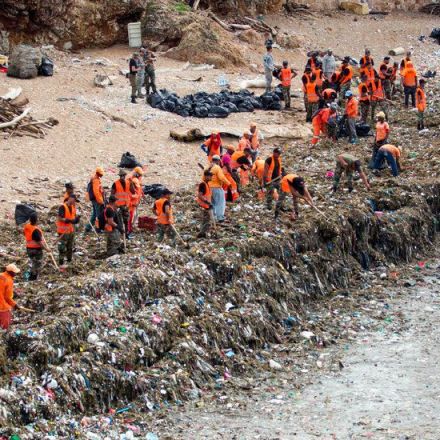
Is the future of farming inside this 40-foot shipping container?
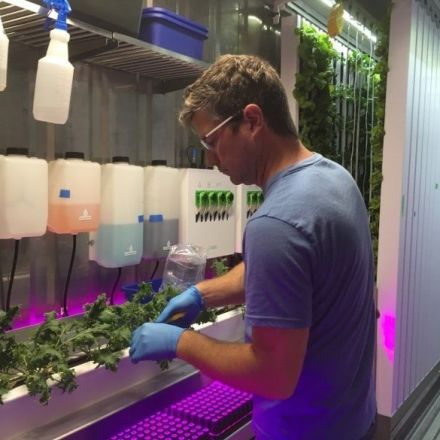
Sunday, 22 July 2018
Subscribe to:
Posts (Atom)

